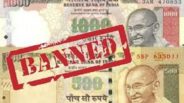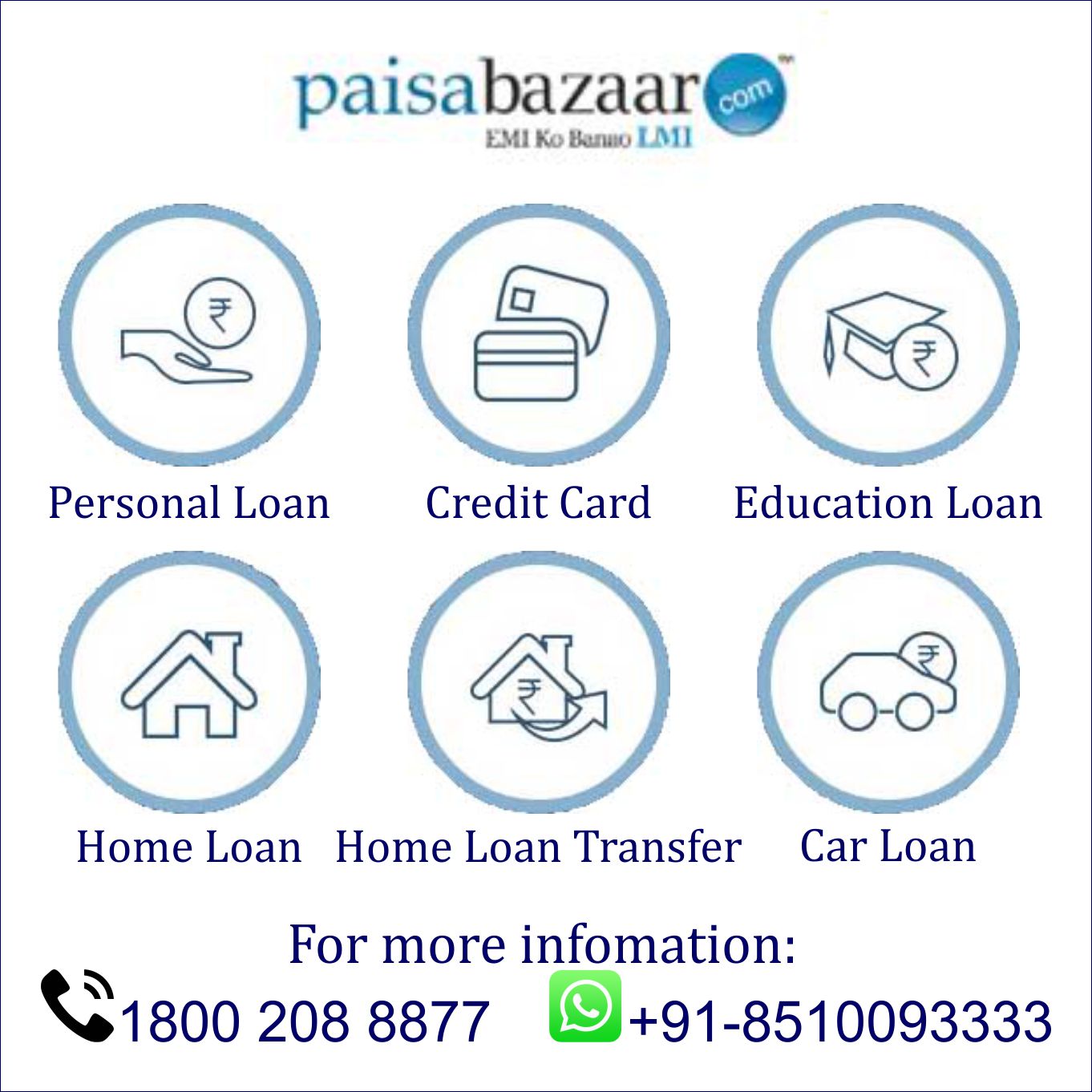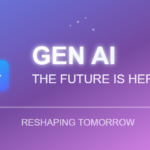Will Scrapping Of 500 And 1000 Rupee Notes Make India A Cashless Economy?

In a sudden move, Prime Minister Narendra Modi, scrapped 500 and 1000 rupee notes, as legal tender in India, effective midnight November 8th 2016. In a matter of hours, cash was no longer King. All those 500 and 1000 rupee notes, many of our citizens had stashed at home in black money, was worthless. Worse…these citizens had almost no time to do anything with their black money. The signals are clear….The Prime Minister of India, wants India to be a cashless economy.
Yes…the removal of 500 and 1,000 rupee notes as legal tender, leaves no option for our citizens, but to go cashless. The elimination of black money in the economy, is a major step to make India, a cashless economy.
Let’s take a look at some of these interesting facts –
- Nearly 84% of all rupee notes in circulation, are in 500 and 1,000 rupee notes.
- Indians prefer to save and spend in cash. Many of our citizens in spite of PMJDY, still don’t have a bank account.
- More than 78% of all consumer payments in India, are in cash.
- In the financial year 2015, online payments in India accounted for 14% of the total transacted amount.
Yes….making India a cashless economy, is a herculean task. However the scrapping of 500 and 1000 rupee notes, is a major step in the right direction. Want to know more on financial inclusion? Just leave a missed call on IndianMoney.com financial education helpline 02261816111 or just post a request on IndianMoney.com website. IndianMoney.com offers Free, Unbiased and on-call financial advice on Insurance, Mutual Funds, Real Estate, Loans, Bank Accounts and capital markets.
What is unified payment interface?
It’s just a simple payment system like cheque, debit card or a mobile wallet. All you need is a bank account, to send and receive money, using your smart phone. You can transfer money to your friends and family, or even receive money from them. You are identified through Aadhaar card, mobile number or a virtual payment address. It’s just like using your net banking app. Only, its available 24×7. Yes…even on Sundays and holidays. Unified payment interface is live for the customers of 21 banks.
Benefits – You can pay your room rent, pay for an item at a shop or even buy a laptop online. Want to learn how to use UPI? Just click on Things To Know About UPI. Many internet providers are offering faster internet access across the country, at very low cost. Smart phones are available, real cheap. This could easily promote cashless transactions.
Use E-Wallets – E-Wallets also called mobile wallets, are fast gaining popularity in India. You can preload money into your mobile wallet. All you need is a smart phone. This money can be used for payment of goods and services, including financial services you use.
There are 3 types of wallets:
- Closed wallet
- Semi-Closed wallet
- Open wallet
A closed wallet is issued by a Company and can be used to buy goods and services, only from that Company. There are no third party transactions on a closed wallet.
Semi-closed wallets allow you to buy goods and services, only at listed merchants and also perform financial services, at these listed locations.
You can buy goods and services using an open wallet. This also includes financial services. You can also withdraw cash from an ATM or a business correspondent (BC), using an open wallet. You can transfer/remit money using this wallet. Only a bank can issue you an open wallet. To know more on mobile wallet just click on Know Mobile Wallet.
Benefits: You can use mobile wallet, for booking a cab or an auto. You can order food / groceries and even pay for movie tickets.
Try the electronic fund transfer
You can electronically transfer money, from one bank account to another bank account, using the electronic fund transfer. You can transfer money using:
NEFT: National electronics fund transfer also called NEFT, can be used to transfer money, during bank’s working hours in hourly batches. There is no maximum limit, on the amount of money you can transfer.
RTGS: Real time gross settlement also called RTGS, enables you to move money, from one bank to another, on a real time and gross basis. The minimum amount that can be remitted through RTGS, is INR 2 Lakhs. There is no upper limit for transactions.
IMPS: Immediate payment system (IMPS), is an interbank electronic fund transfer service, through mobile phones. It can also be extended through channels such as ATM and Internet banking.
Yes…these financial instruments can go a long way, in making India a cashless economy. You can buy anything you want at shops and stores, using your debit and credit cards. Go cashless….Be Wise, Get Rich.

 Currency Convertor
Currency Convertor Post an article
Post an article IndianMoney
IndianMoney
 sending...
sending...




